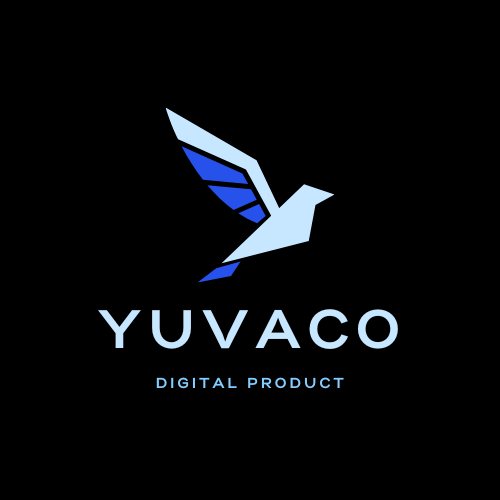
In the fast-paced and ever-changing business landscape, staying ahead of the competition requires organizations to continuously evolve and optimize their operations. Process improvement and management play a crucial role in achieving this goal. By streamlining workflows, enhancing efficiency, and fostering a culture of continuous improvement, businesses can unlock a plethora of benefits. In this blog post, we explore the key advantages that process improvement and management offer to organizations, enabling them to thrive in today’s dynamic market.
Section 1: Enhanced Efficiency and Productivity
One of the primary benefits of process improvement and management is increased efficiency. By analyzing existing workflows, identifying bottlenecks, and eliminating redundant steps, businesses can streamline their processes. This optimization leads to reduced lead times, quicker response to customer demands, and improved resource utilization. As a result, teams can achieve more in less time, significantly boosting overall productivity.
Section 2: Cost Reduction and Resource Optimization
Inefficient processes often lead to unnecessary expenses and resource wastage. Process improvement allows businesses to identify areas of inefficiency and implement cost-saving measures. By eliminating redundant tasks and automating repetitive processes, organizations can reduce operational costs and allocate resources more effectively. As a direct consequence, profitability improves, and the business becomes more financially resilient.
Section 3: Consistency and Quality Assurance
Well-defined and managed processes lead to consistency in output, ensuring a high level of quality in products and services. Process standardization ensures that every team member follows best practices, minimizing the risk of errors and defects. Consistency in output enhances customer satisfaction and strengthens the organization’s reputation in the market.
Section 4: Increased Agility and Adaptability
The ability to adapt quickly to market changes is critical for business survival. Process improvement fosters agility by creating flexible workflows that can easily accommodate changes and new requirements. When processes are agile, organizations can respond swiftly to market shifts, seize opportunities, and address challenges effectively, staying ahead of the competition.
Section 5: Empowered Workforce and Employee Satisfaction
Involving employees in the process improvement initiatives empowers them to take ownership of their work and contribute valuable insights. When employees feel engaged and see the impact of their suggestions, job satisfaction increases. A motivated and satisfied workforce leads to reduced turnover rates, improved employee retention, and a positive work culture.
Section 6: Data-Driven Decision Making
Process management involves monitoring and measuring key performance indicators (KPIs) to assess process effectiveness. This data-driven approach allows organizations to make informed decisions based on real-time information. By relying on data, businesses can identify opportunities for further improvement and prioritize initiatives that align with strategic objectives.
Section 7: Compliance and Risk Management
In regulated industries, process improvement helps organizations meet compliance requirements and manage risks effectively. By documenting processes, creating audit trails, and implementing control mechanisms, businesses can ensure compliance with industry standards and regulations. This, in turn, mitigates potential risks and legal liabilities.
Section 8: Continuous Improvement Culture
Process improvement and management lay the foundation for a culture of continuous improvement within the organization. When teams embrace a mindset of seeking better ways to work, they consistently look for opportunities to optimize processes. This ongoing pursuit of excellence leads to sustained business growth and adaptability to changing market conditions.
Conclusion:
Process improvement and management are essential pillars of business success, empowering organizations to enhance efficiency, reduce costs, maintain quality, and adapt to the ever-evolving market. By prioritizing process optimization, businesses can unleash their true potential, foster a culture of continuous improvement, and position themselves as industry leaders. As markets continue to evolve, embracing process improvement becomes not only a competitive advantage but a strategic necessity for thriving in today’s dynamic business environment.

Leave a Reply